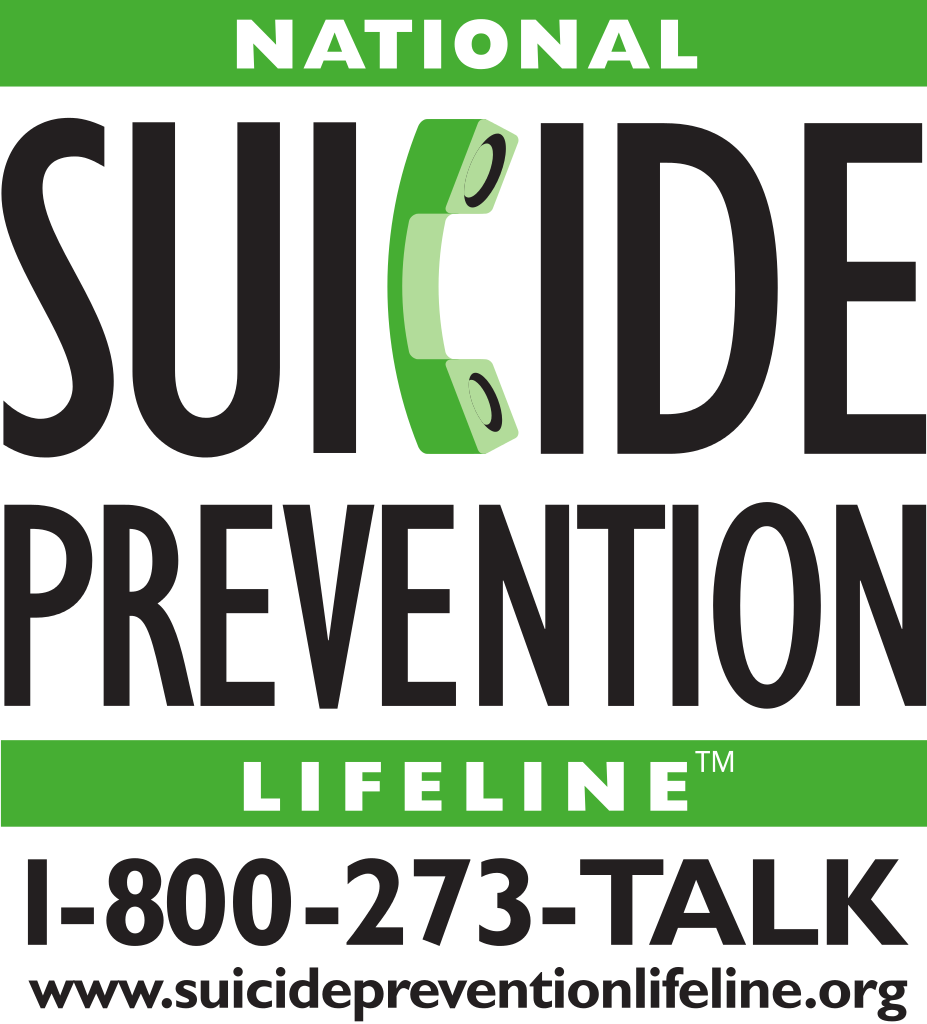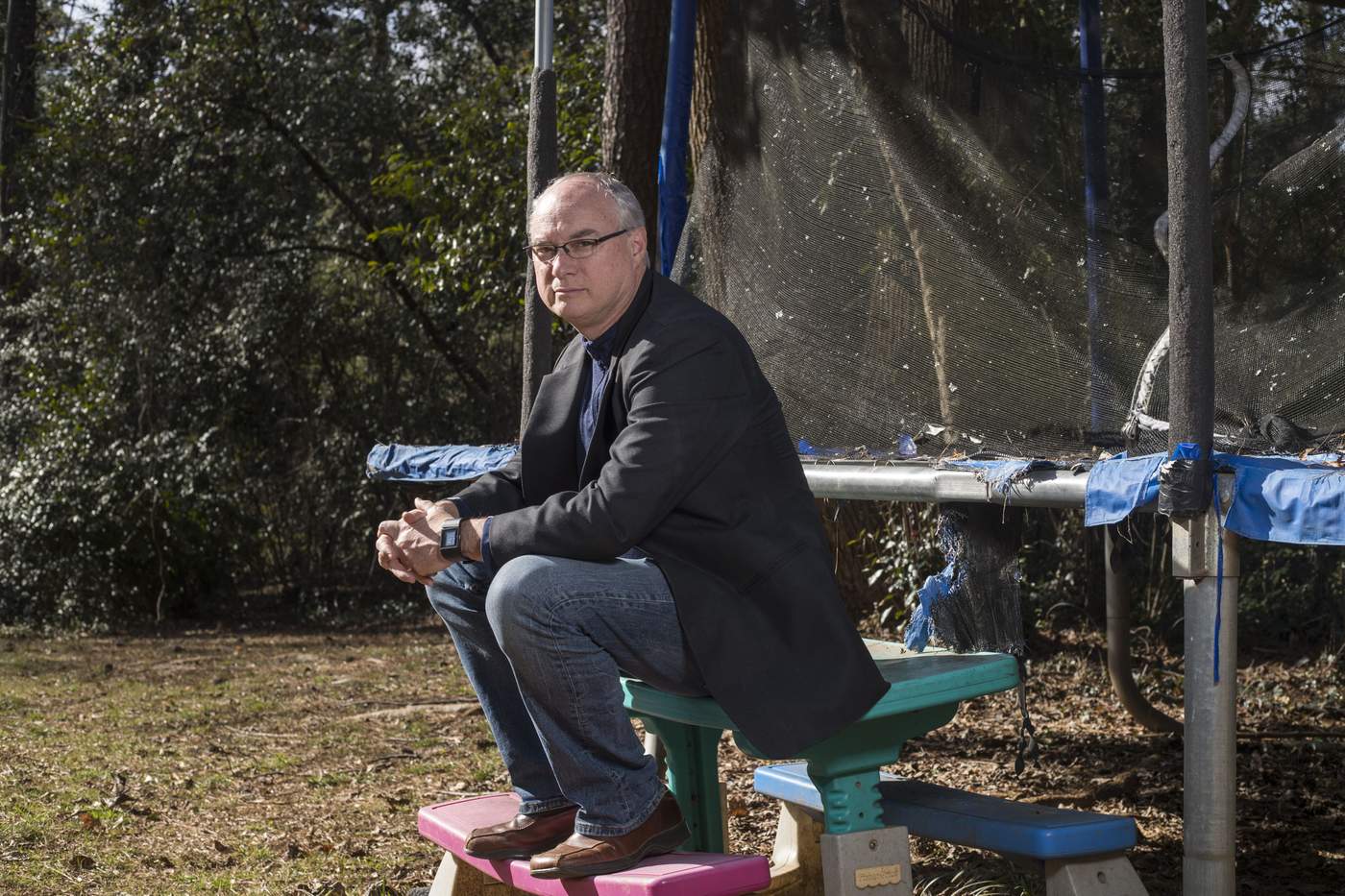6
Morning after
Hours after Alex died, Richard sat down at his desk, where family photos rotated on his computer screensaver.
For the next 10 minutes, he penned a hauntingly personal warning to parents of girls everywhere.
He revealed details of his daughter’s yearlong war with social anxiety and depression, citing her concussions as the spark in a chain of events that drove her further into the shadows of mental illness.
As survivors of suicide often do, Richard tried to make sense of his family’s loss.
He titled his essay, “Is Your Daughter OK? Check Again.”
“They let us sit with Alex for a long while afterward and we held her hand and kissed her cheeks until it was time to go,” he wrote. “We went home and were surrounded by all our friends and family with more arriving every hour. Everyone tries to say some words to help but really just their presence is all we need because there is nothing to say. The last entry into her diary said, ‘I’m just tired.’”
Then he listed nine things he thought parents should know. They ranged from warnings about concussions and bullies to the dangers of putting too much pressure on grades and watching the Netflix series “13 Reasons Why.”
It felt like Alex was there in the room with him, feeding him the strength to tell her story, Richard said.
“I remember staring at the post and thinking, am I really going to do this? Put this all out there in the highly judgmental world?”
Then he felt Alex’s hand on his shoulder and hit publish on his LinkedIn account.
Moments later, Kim ran into Richard’s office.
You know, the strangest thing just happened, she said. I just felt this big kiss on my cheek.
Within hours, Richard’s post went viral. Millions of people read it, and it was picked up by multiple news stations.
Days after publishing the note, Richard’s brother came to visit. He broke down in tears as he told Richard that his friend, a father in Gulf Shores, Alabama, read the post and ran to wake up his daughter in the middle of the night. When he asked her if she ever thought of killing herself, she said she had.
7
The new normal
Most of Alex’s photos have been removed from the rotating gallery on Richard’s computer screensaver.
“I don’t want to forget about her. But the constant reminder…” Richard said, trailing off.
The kitchen table, piled with hundreds of letters, unopened gifts and photos, has been named, “Alex’s Table.” Richard and Kim haven’t had the courage to sift through them yet.
Along the stairway wall leading up to Alex’s bedroom, her most recent portrait, the same one on display during her visitation, leads a crowded gallery.
“I really don’t like that one of her,” Richard muttered.
At first glance, it’s hard to understand why. But if you look long and hard enough, you notice the glazed eyes and the forced smile.
Inside Alex’s bedroom, a used Chick-fil-A cup still sits on her bedside table, school textbooks are strewn about and in one corner of the bedroom, a handful of her canvas paintings lay on the floor. One in particular, a silhouette of a woman in a white dress, stands out.
Her large mirrored dresser is lined with the typical teenage girl clutter of make-up, jewelry and photo collages of friends and family. Five items have been neatly placed on the bench at the foot of her made bed — a watch, a wallet, her 2016 Presidential Volunteer Service Award certificate and pin, and an unopened gift box.
Kim’s work, Richard said.
Dressed in jeans and a navy fleece pullover, Richard sits in the large screened-in porch at the back of the Blackwells’ roomy Southern Colonial. It’s one of the few places in the buff-colored brick house not filled with family photos.
He recalls walking in on Alex one day watching a YouTube video on appendectomies.
Dad, if we were on a desert island somewhere, you don’t have to worry. I could do that, she said.
Alex dreamed of continuing her parents’ collegiate legacy at Georgia Tech and becoming a surgeon or pediatrician.
One Thanksgiving, she practiced sutures on the turkeys before they went into the oven.
“She wanted to save lives,” Richard said. “And we’re going to do whatever we can to make sure she does.”
For the past few months, Richard has been on a mission to get people talking — about mental illness, sports concussions and the most taboo subject of all: suicide.
Leading up to her death, Alex told her therapist and those closest to her that she was doing fine, that she was getting better. She convinced nearly everyone that everything was going to be OK.
But that’s not what she wrote in her diary.
In some of her last entries, Alex said she felt like a burden to her loved ones and that she was always causing problems. She thought everyone would be better off without her.
Alex wrote about being tired all the time. Tired of being sad.
“Why do I feel like this?” she wrote.
“She was loved and she knew it,” Richard said. “But love just wasn’t enough. And if love isn’t enough, then what is?”
Richard continues to advocate for making soft headbands a requirement during girls soccer and for a change to the current U.S. Soccer policy on headers.
The medical community is at odds over whether headgear can prevent concussions and whether headers cause them. Currently headers are not permitted for athletes 10 and younger. Richard wants them eliminated for athletes up to age 17.
In addition to bringing awareness to sports-related concussions, Kim and Richard plan to work with medical experts to create a detailed checklist for parents with teenagers to better identify depression and help them improve verbal communication.
They hope to call it The Alex Scale.
She may not have saved lives the way she once dreamed of doing in this world, said Richard, “but she’s definitely doing it on the way out.”
ABOUT THE STORY
According to the Centers for Disease Control and Prevention, suicide rates among 15- to 19-year-old girls doubled between 2007 and 2015, reaching a 40-year high. That means for every 100,000 American girls in 2015, five committed suicide. If you or anyone you know is contemplating suicide, or if you are concerned for someone else, call the 24-hour National Suicide Prevention Lifeline (1-800-273-8255). To chat online, go to chat.suicidepreventionlifeline.org. To text, go to 741741 and text HOME from anywhere in the U.S. anytime to be connected to a trained crisis counselor.
Fiza Pirani
Reporter/Producer
personaljourneys@ajc.com

ABOUT THE REPORTER
Fiza Pirani is a reporter and producer with The Atlanta Journal-Constitution and Cox Media Group. She was born in central India, spent her early years in Saudi Arabia and immigrated with her family to the United States in 1996. Fiza joined the AJC in 2015, one year after graduating with concentrations in Psychology and Journalism from Emory University.



Please confirm the information below before signing in.